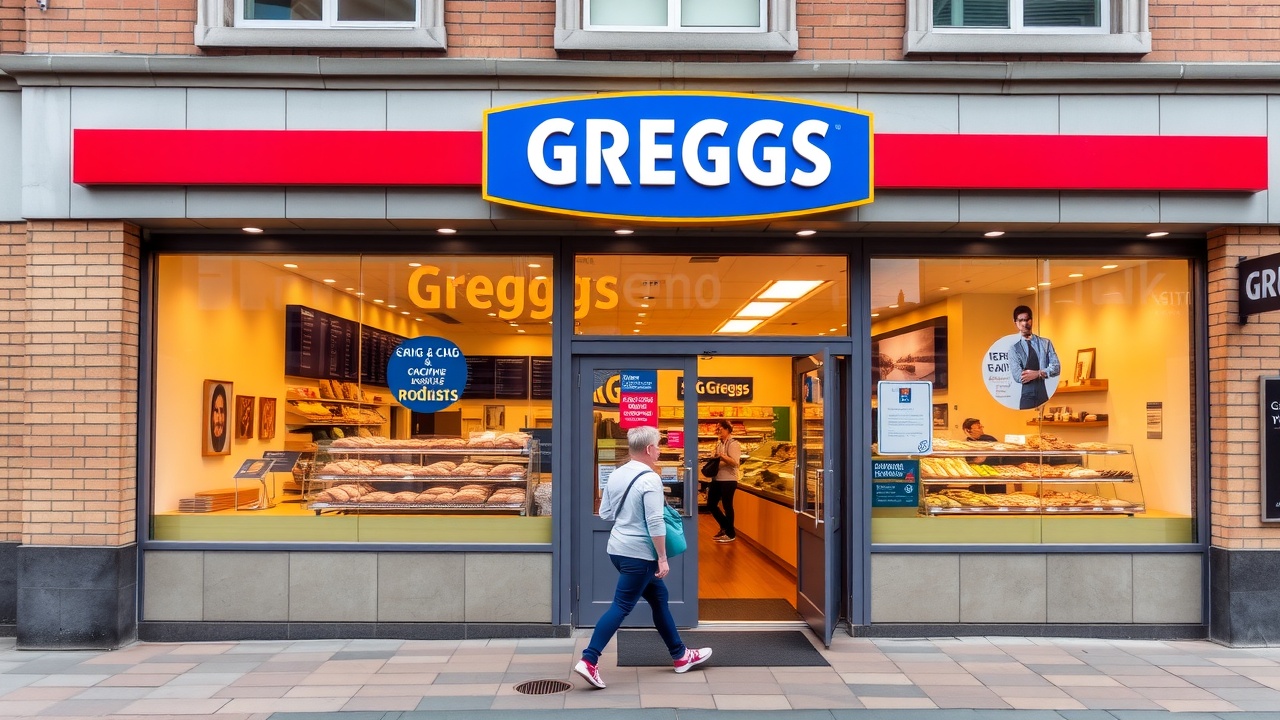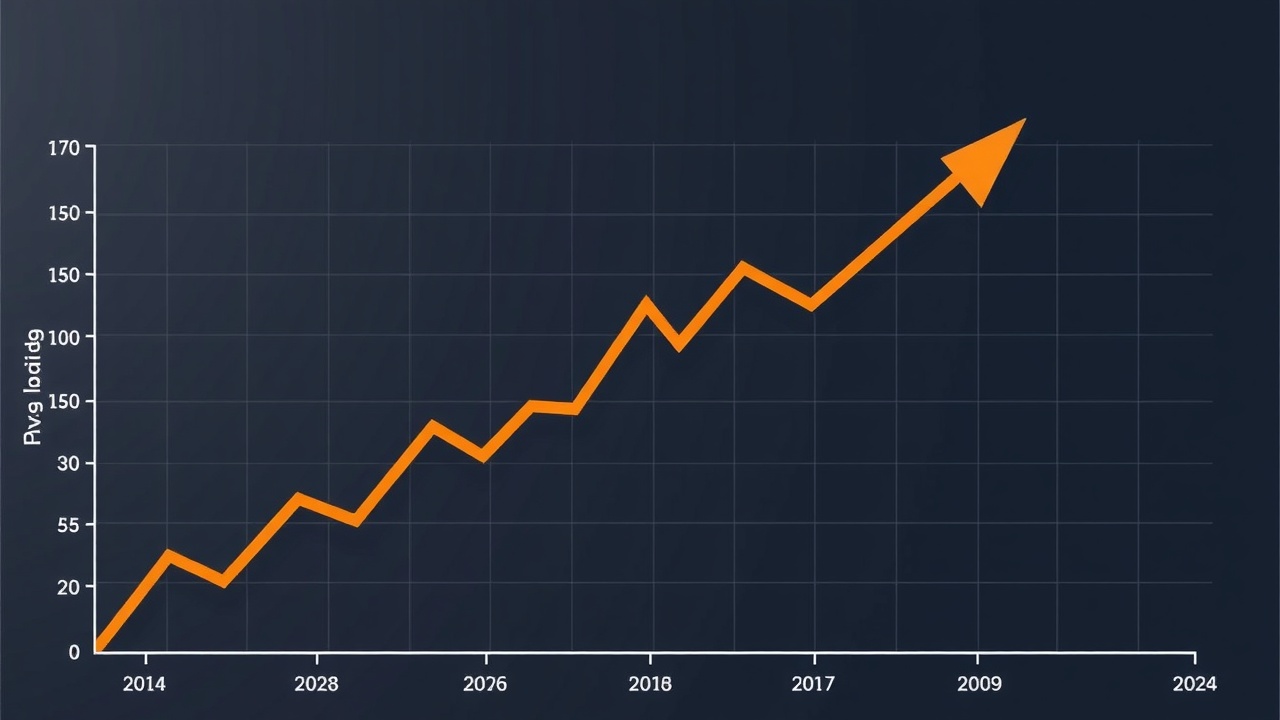
Phoenix Asset Management Partners' chief investment officer Gary Channon and Investment Team member Kartik Kumar choose three stocks
You can buy stocks today and sell them tomorrow. However, a stock might be purchased today and never sold. Because stocks don't have a maturity date, they are a unique type of investment. When bonds mature, loans are paid back. You will always own a tiny portion of a company when you own stock. The typical investor, however, only keeps stocks for a year or so.
One factor contributing to stock mispricing is this misalignment of time horizons; this phenomenon is exacerbated during uncertain times when fear takes over and focus shifts from long-term fundamentals to the immediate risks.
These moments, in our opinion at Phoenix, create opportunity. However, it takes both a great deal of experience and sincere patience to turn a temporary mispricing into an investment with significant long-term returns. With this attitude, we oversee the Aurora UK Alpha trust.
We seek out outstanding companies, wait for the ideal opportunity to join, and support them through their highs and lowssometimes for yearsuntil their full potential is recognized. Here are three samples from our portfolio that demonstrate this methodology.
Luxury: a sign of achievement.
When spending on services was limited during COVID, the consumption of luxury goods surged. Opportunities have been created by the recent reversal of this temporary expansion, which was mistakenly predicted to last. Possessing what some refer to as "positional goods" is a defining characteristic of human nature. Status symbols have always been significant, from prehistoric jewelry to contemporary sports cars.
Businesses that sell luxury goods see high returns because they are difficult to imitate. Building a brand with a sense of heritage and worldwide recognition takes decades. Among these is Burberry (LSE: BRBY), which was established in 1856. Because of its global distribution and pricing power, as well as its status as a symbol of British luxury, it has the long-term potential to produce high returns.
Although the funeral and cremation industry is not often discussed, it has a lot of appealing features. Demand is stable, mainly unaffected by economic downturns, and expected to increase as the population ages. Via Castelnau Group (LSE: CGL), one of the Aurora trusts' investments, we own Dignity, a prominent business in this industry. Dignity had subpar management up until 2021. Capital was allocated inefficiently, and prices were increased excessively. Now that it has started a strategic turnaround, Dignity is concentrating on its core competencies, regaining its competitive edge, and maximizing the value of its unparalleled network of crematoria and funeral homes.
Difficult times can sometimes bring out the best in great businesses. We initially invested in Ryanair (Dublin: RYA) when the airline industry was going through a turbulent time. Ryanair's unwavering dedication to cost control is what makes it unique. Lower fares and a larger market share are the results of its ultra-low-cost business model, which also fosters growth, scale, and improved negotiating power with suppliers.
The industry now has to deal with new limitations. Ryanair stands to gain from the reduction in aviation capacity brought on by supply chain pressures, which also supports pricing power. With a robust net-cash balance sheet and an active capital-return program, it maintains its thrifty, shareholder-first culture. We think the valuation is very attractive for a company with its quality and growth potential.














Leave a comment on: "For British investors who are patient, looking for quality and resilience will pay off"